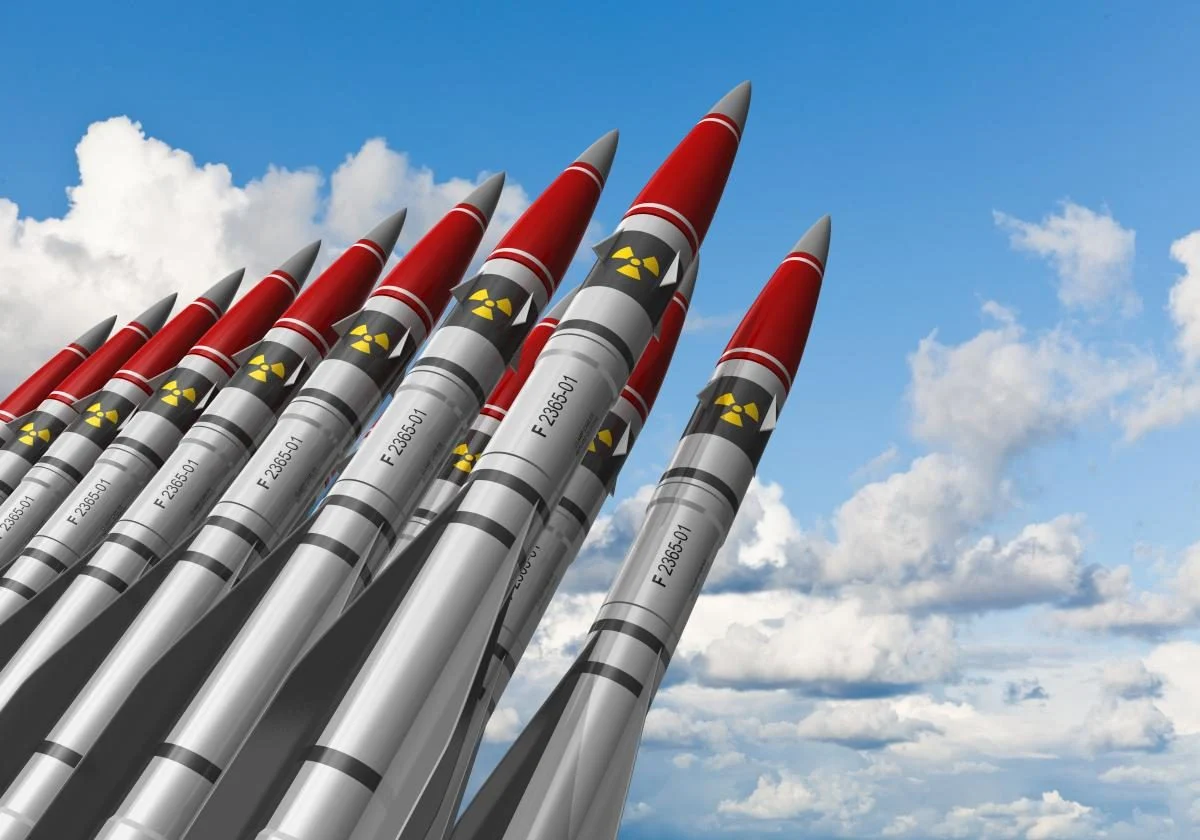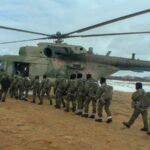January was marked by essential news, which had a direct impact not only on the war in Ukraine but also on global geopolitics. It is connected with the new military doctrine of Belarus, which, for the first time, includes the use of Russian tactical nuclear weapons. What this means and what the consequences will be, read on.
What exactly has changed?
The Minister of Defense of Belarus, Viktor Hrenin, announced the changes on January 16. He spoke about the official inclusion of Russia’s nuclear weapons in the new draft doctrine.
We are talking about tactical nuclear weapons that were delivered to Belarus during the past year. President Lukashenko has spoken about this several times before. What is such nuclearization?
Ground-based tactical nuclear weapons have a range of up to 500 km. So, a simple calculation gives an idea of which countries fall into the risk zone.
“I will show where the attack on Belarus was being prepared…”
The Kremlin announced the placement on the neighboring country’s territory as early as last year, but the volume and scale of the action remained unknown. At the same time, it is characteristic that Russia completely retained control over this arsenal.
However, after a short time, a member of the Security Council of Belarus explained the purpose, saying that it was necessary to deter aggression from Poland, a member of NATO. It is not clear what this aggression consists of, just as it was not evident in the case of Ukraine.
The tension is rising
Poland also reacted to such actions: Prime Minister Morawiecki said that his country now intends to join the NATO nuclear program to counter the threat from its neighbors. To this, the Kremlin replied that, in this case, Russian nuclear weapons would have to be used.
The American nuclear arsenal is located in the following European countries:
– Germany;
– Italy;
– Belgium;
– the Netherlands;
– Turkey.
Maintenance is exclusively carried out by the American military.
The placement of nuclear weapons on the territory of Belarus marked the end of the era when politicians cherished hopes for the creation of a nuclear-free zone in Eastern and Central Europe. By the way, the main initiator of this was precisely the USSR.
Specialists call what is happening now a failure of the policy of nuclear deterrence, which will lead to consequences in the form of nuclearization not only in Poland but also in other Eastern European countries. How this will affect the military situation is hard to even imagine, but no one excludes the worst option – the use of this type of weapon – as it was a year ago.


